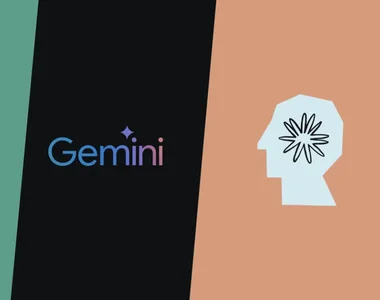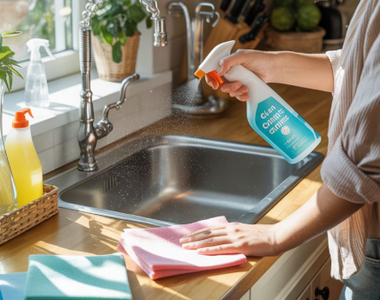
It may seem like a small and unimportant detail, but the way you end an email actually has a lot of value. The presentation or content of the email may be to the point, but you know how you end an email is even more difficult?
The questions that swirl in the head are of the type: "Are they too sugary at the end?" "Don't seem biased" or "Isn't it too formal to write "sincerely"?"
These dilemmas are completely valid, so finding the right way to end an email leads to different scenarios.
How to end an email?
It all depends on who it is aimed at. Is this a friend? Colleague? The manager? Business partner? Or just someone in your family? Depending on this, the line is then narrowed down to the context of the email. Are you following them on their projects, thanking them, reminding them of something, sharing information or chatting with them? This sets the tone for how you should end an email.
Using the words "Thank you," "Thank you," and "Thank you again" is the right way to do it in a business email if you're thanking the person for the work they've done. As for "Thank you!", when this word is used with an exclamation point at the end it is when you are sincerely thanking someone for something they have done for you. It sounds like something normal so you can use it among professional colleagues with whom you are closest.
If you're not thanking someone, the next option is "You're the best." This phrase is professional and universal. It is among the safest possible choices. Want to add a little more flair to the bottom? "All the best" is a bit more formal than "I wish you the best" and conveys more emotion.
"Best wishes" also works and is ideal when the email goes to someone you have a good relationship with. Likewise, "Talking Soon" is good to use if you're actually going to talk to that person soon. If you don't plan something like that, then it's disingenuous.
As for "Sincerely", it sounds formal and not very emotional. But if you started the email with "Dear," then "Sincerely" is fine.
Suggested articles:





